1. OCOP – A 'push' for innovative thinking in rural development
- 1. OCOP – A 'push' for innovative thinking in rural development
- 2. Great potential, but fragmented and lacking connectivity
- 3. Developing OCOP in the direction of inheritance and innovation
The idea of "One Commune One Product" (OCOP) was launched in Quang Ninh in 2013, then approved for expansion by the Prime Minister in Decision 490/QD-TTg dated May 7, 2018.
The program aims to develop typical and strong products of each locality, associated with cultural values, indigenous resources and traditional knowledge, thereby increasing income for rural people.
According to Associate Professor Dr. Tran Van On, former Head of the Department of Botany, Hanoi University of Pharmacy, National Advisor of the National One Commune One Product (OCOP) Program, the initiator and chief consultant from the early days of building the Quang Ninh OCOP model, the nature of OCOP is not only about creating products for sale, but also about transforming production-oriented thinking into market-oriented thinking based on local resources and knowledge. Each OCOP product will become a "door" connecting farmers, science and the market.
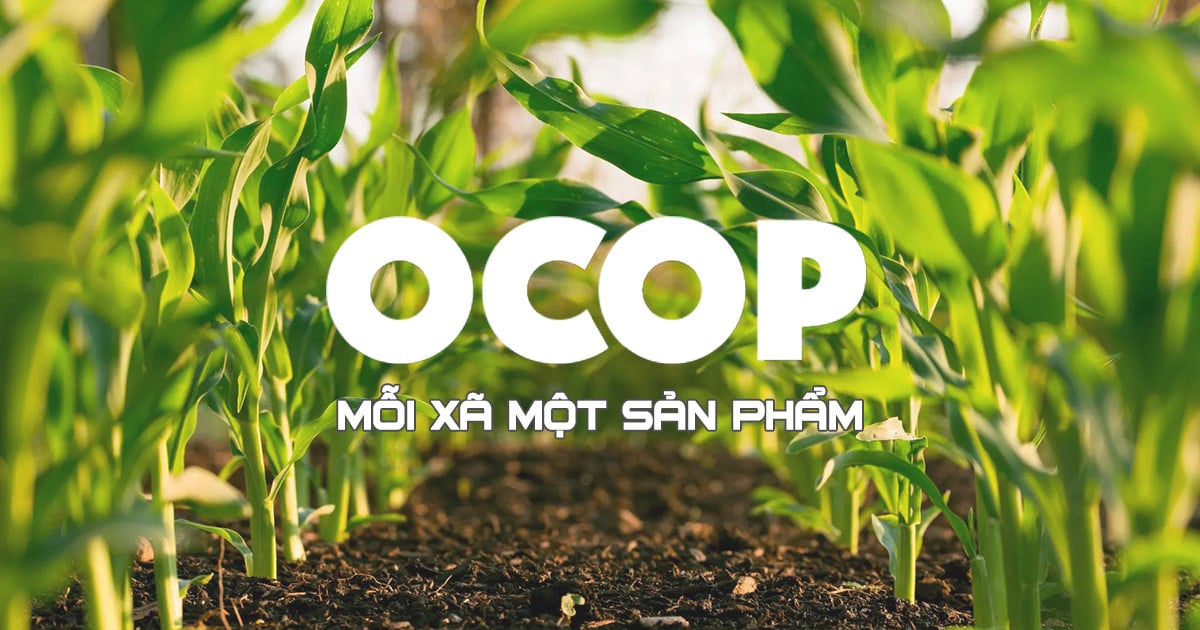
The OCOP program aims to develop typical and strong products of each locality.
Currently, OCOP has developed through two phases:
- Phase 1 has the main objective of "running smoothly" the program, including establishing an organizational structure, assigning responsibilities to sectors from the central to provincial, district and commune levels, implementing the "annual OCOP cycle", thereby guiding and supporting product development, standardization, product evaluation and classification, and supporting trade promotion of products with 3 stars or higher. The implementation must be transparent, scientific, avoiding formality or chasing after achievements.
- Phase 2 emphasizes product upgrading and continuous development, not just stopping at creating one product, but each commune must have at least one standard OCOP product, and at the same time develop many other products from local resources through maintaining the annual OCOP Cycle.
Up to now, after 10 years of implementation, all provinces have implemented the OCOP program, the whole country has more than 10,300 OCOP products with 3 stars or more. About 15% of them are herbal products. Many products from remote areas have become strong brands such as Ha Giang mint honey, Hoa Binh Gynostemma pentaphyllum tea, Yen Bai cinnamon essential oil, Bac Kan turmeric, Sa Pa Artichoke, ...
In addition, many pioneering localities such as Quang Ninh, Bac Kan, and Ha Giang have built projects linking OCOP with community tourism, food, and medicinal herbs. This is clear evidence that the program is not only an economic policy but also contributes to improving the health and life of the community thanks to safe, quality products.
2. Great potential, but fragmented and lacking connectivity
Although OCOP has achieved many positive results, the implementation situation still faces many difficulties. Associate Professor, Dr. Tran Van On said that the first problem is that the awareness and thinking of local leaders are not uniform, many places do not really understand the nature and long-term goals of the program. Second, the resources of people and businesses are still limited, access to capital, technology and training is not adequate, and weak commercial capacity causes some products to develop unworthy of their potential and not develop sustainably.
In addition, many localities have not yet fully implemented the annual OCOP cycle, focusing only on selecting and organizing product competitions or pursuing branding programs without providing real support for farmers and cooperatives.
This leads to OCOP products developing spontaneously, lacking fundamental research and long-term strategies on raw material areas, processing procedures, or genetic resource conservation.
Meanwhile, the criteria for evaluating OCOP products according to Decision 1048/QD-TTg in 2019 have clearly stipulated uniqueness, safety standards, traceability and market – requiring production capacity far beyond the traditional smallholder model.
Because OCOP focuses on developing local products, meaning most of them are small-scale, limited to one or a few communes, the construction of linkage models in OCOP is still unfamiliar and lacks models to learn from, including horizontal linkage models such as establishing true cooperatives, vertical linkages such as linkages between farming households, input supply enterprises and processing facilities, between processing facilities and commercial units such as specialized stores, OCOP centers, and even supermarkets.
In addition, the quality testing and food safety certification system is still fragmented, making it difficult for many medicinal and functional food products to expand their scale or export. In terms of communication and branding, many OCOP products are still at the level of "local specialties", not yet positioned as health care products with clear standards.
3. Developing OCOP in the direction of inheritance and innovation
To overcome the limitations and develop OCOP sustainably, Associate Professor, Dr. Tran Van On proposed to implement in two parallel directions:
First: Upgrade existing products and create new products
- Each commune must have at least one product that meets OCOP standards, but not just one product. The products are not just raw items, but must be fully processed, safe, and have commercial value.
- Develop many other products from local resources, in the form of food, beverages, herbs and link with community tourism to create an OCOP product ecosystem.
- Maintain the annual implementation cycle, ensure systematic monitoring, evaluation and support for people and businesses.
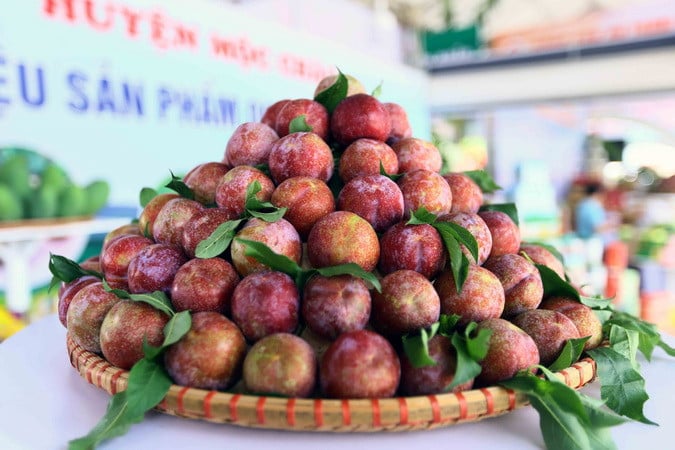
For OCOP to develop sustainably, it is necessary to upgrade existing products and create new products.
2nd: Applying 4.0 technology and digital transformation
- Apply AI, sensors, real-time management from planting to processing facilities, improving management and production efficiency.
- Application of biotechnology such as enzyme-assisted extraction, tissue culture, and breed improvement to improve product quality and competitiveness.
- Build a creative center in the commune to help orient research and develop new products suitable to regional characteristics.
Associate Professor, Dr. Tran Van On emphasized that applying technology is not only about upgrading products but also solving the problem of capital, human resources and competitiveness of OCOP entities, thereby creating sustainable income and ensuring public health through safe products.
Based on the current situation and proposed solutions, five policy recommendations can be made:
- Maintain the annual OCOP implementation cycle seriously with scientific assessment, not chasing after form or achievements.
- Strengthen support for access to capital sources and training for farmers, cooperatives and businesses participating in OCOP.
- Encourage the development of health-related products in the OCOP program in the food, beverage, and herbal industries, linked with tourism and domestic and international markets.
- Promote the application of 4.0 technologies and digital transformation in raw material management, traceability, production, processing, and trade.
- Building local innovation hubs, supporting research, new product development and consulting for rural communities, aiming for sustainable economy and improving community health.
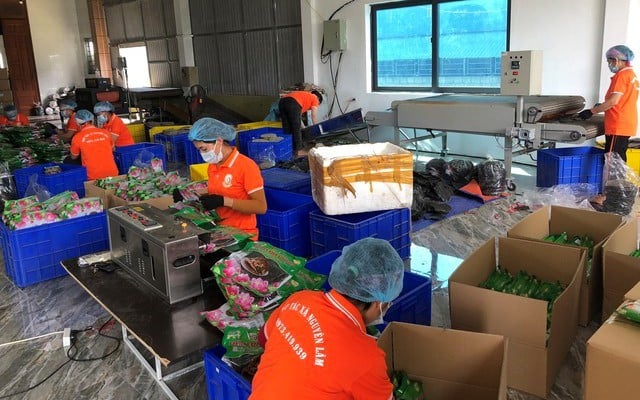 Many OCOP products of Ha Tinh reach "overseas" level
Many OCOP products of Ha Tinh reach "overseas" levelSource: https://suckhoedoisong.vn/tang-cuong-chinh-sach-ho-tro-va-thao-go-vuong-mac-trong-trien-khai-ocop-169251024114604827.htm


![[Photo] Ho Chi Minh City Youth Take Action for a Cleaner Environment](https://vphoto.vietnam.vn/thumb/1200x675/vietnam/resource/IMAGE/2025/11/04/1762233574890_550816358-1108586934787014-6430522970717297480-n-1-jpg.webp)
![[Photo] Ca Mau "struggling" to cope with the highest tide of the year, forecast to exceed alert level 3](https://vphoto.vietnam.vn/thumb/1200x675/vietnam/resource/IMAGE/2025/11/04/1762235371445_ndo_br_trieu-cuong-2-6486-jpg.webp)
![[Photo] The road connecting Dong Nai with Ho Chi Minh City is still unfinished after 5 years of construction.](https://vphoto.vietnam.vn/thumb/1200x675/vietnam/resource/IMAGE/2025/11/04/1762241675985_ndo_br_dji-20251104104418-0635-d-resize-1295-jpg.webp)

![[Photo] Panorama of the Patriotic Emulation Congress of Nhan Dan Newspaper for the period 2025-2030](https://vphoto.vietnam.vn/thumb/1200x675/vietnam/resource/IMAGE/2025/11/04/1762252775462_ndo_br_dhthiduayeuncbaond-6125-jpg.webp)

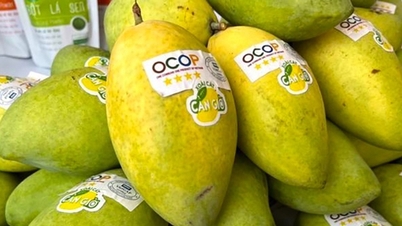
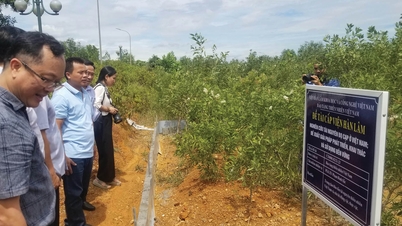







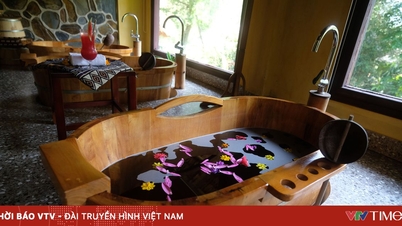
















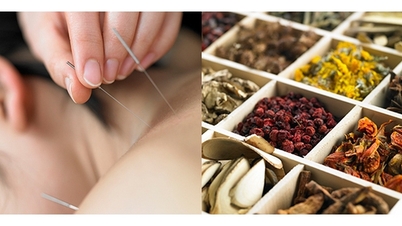























































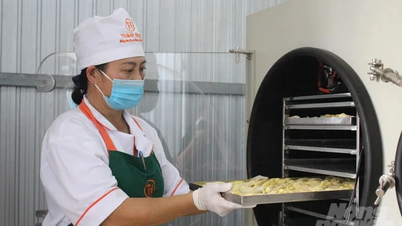
















Comment (0)